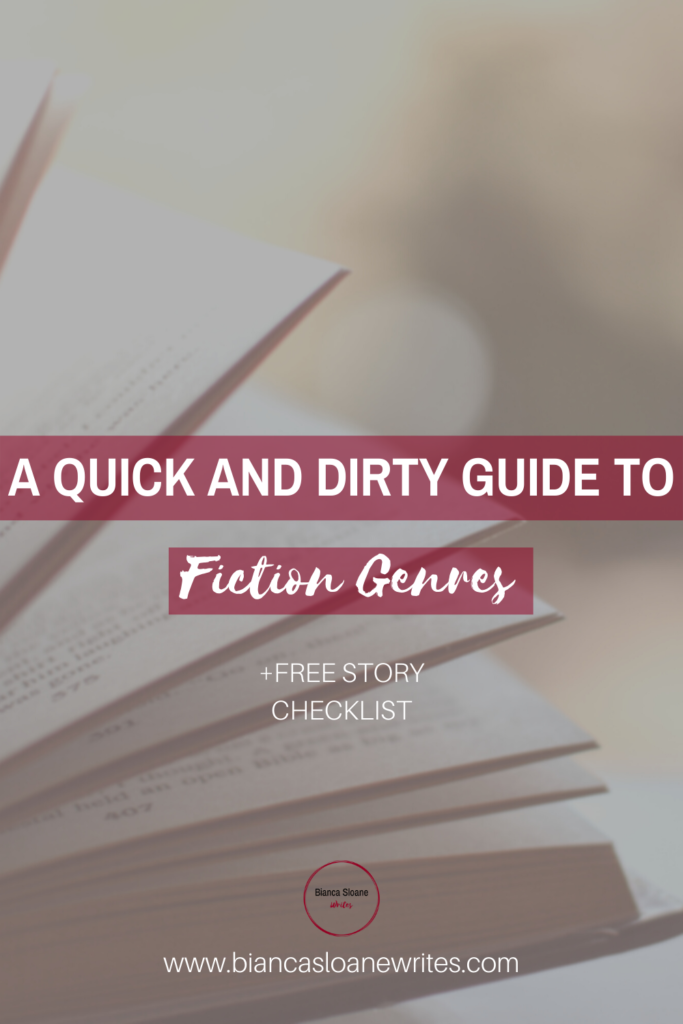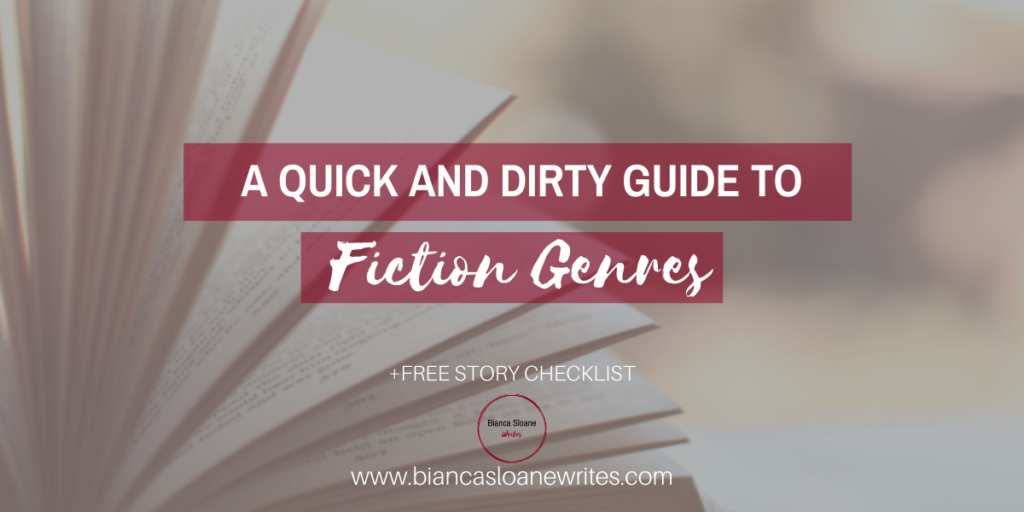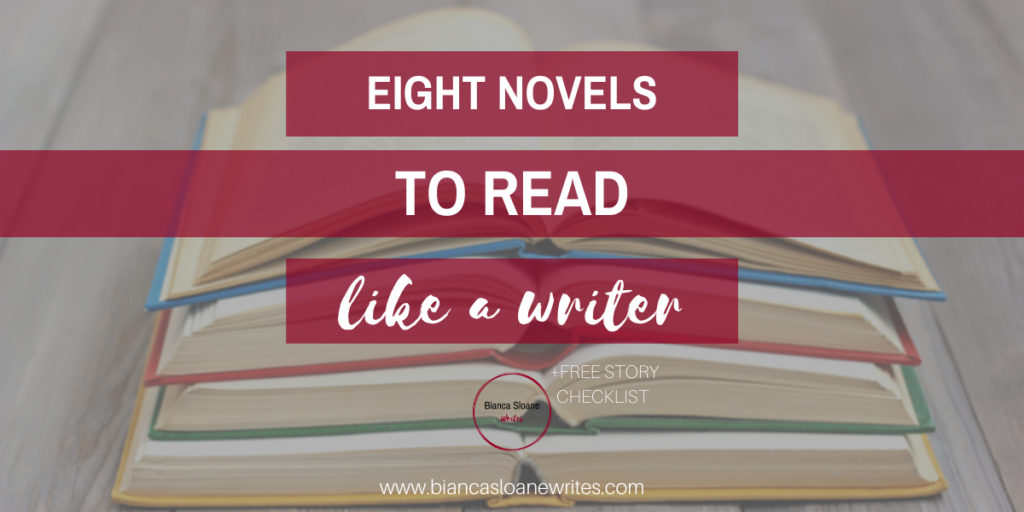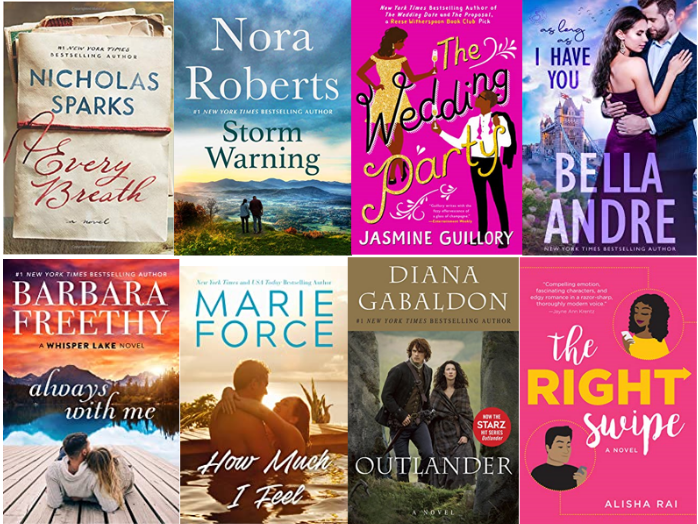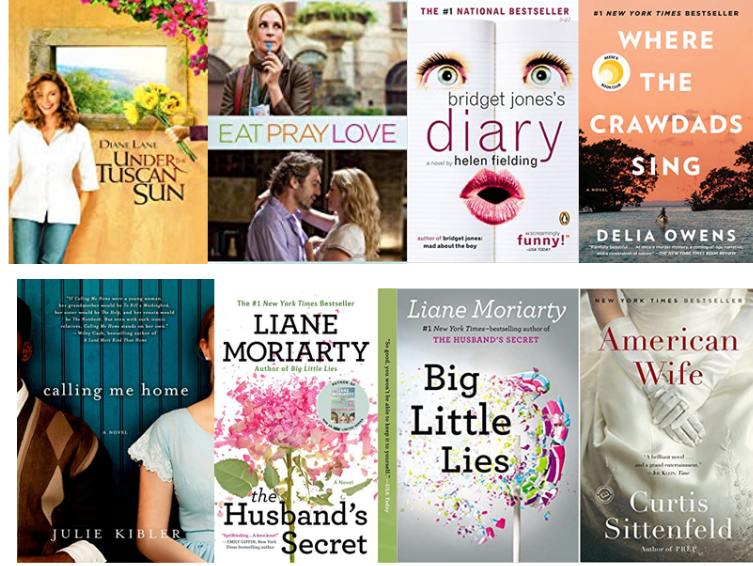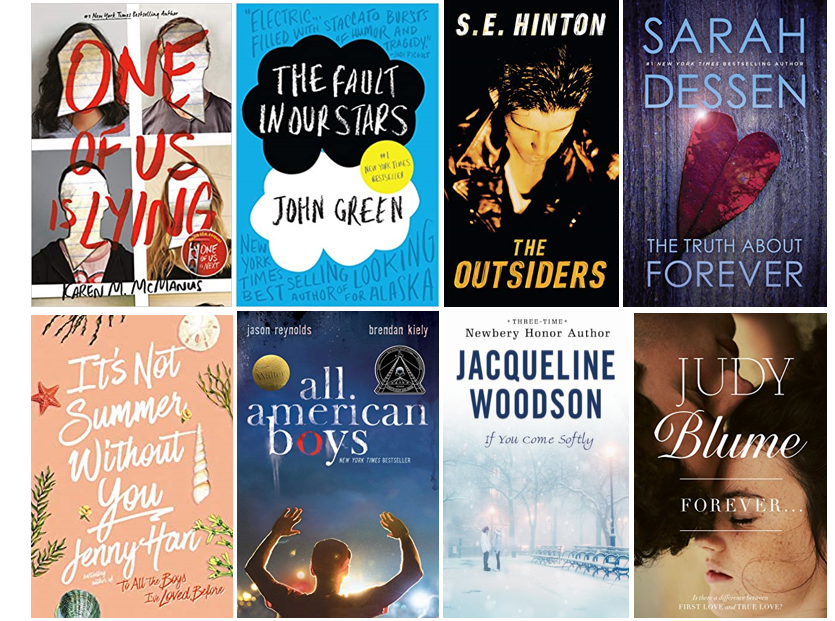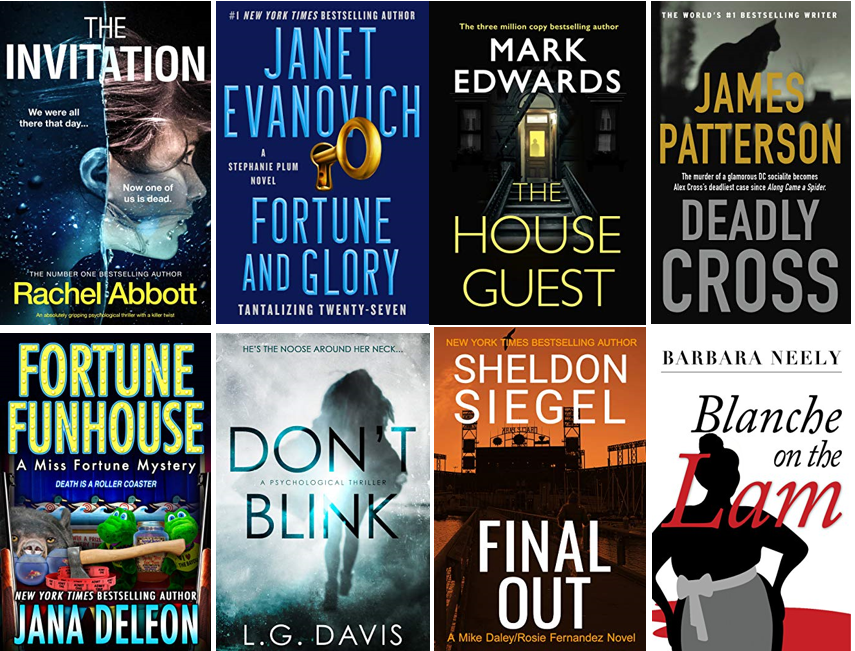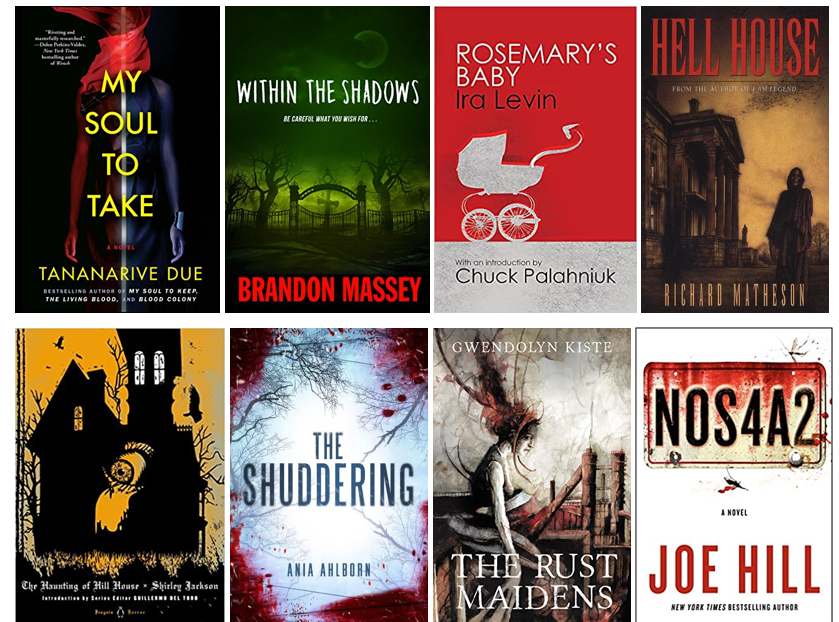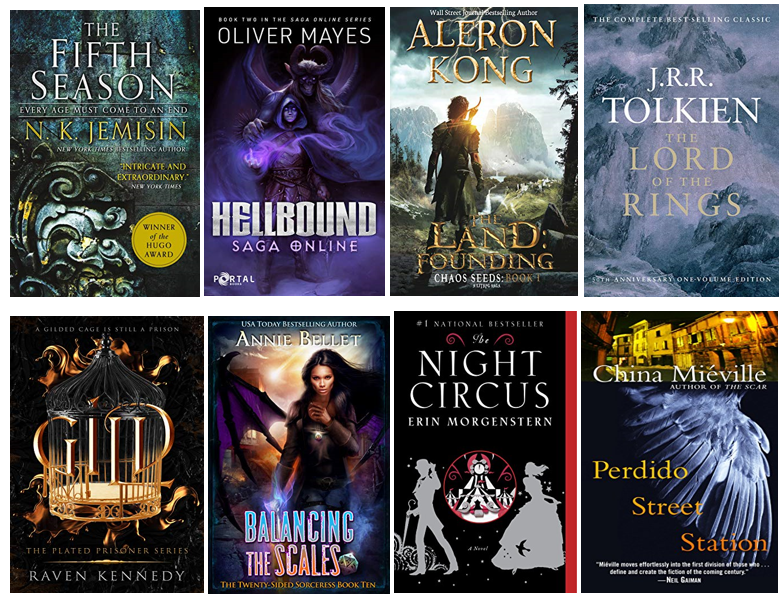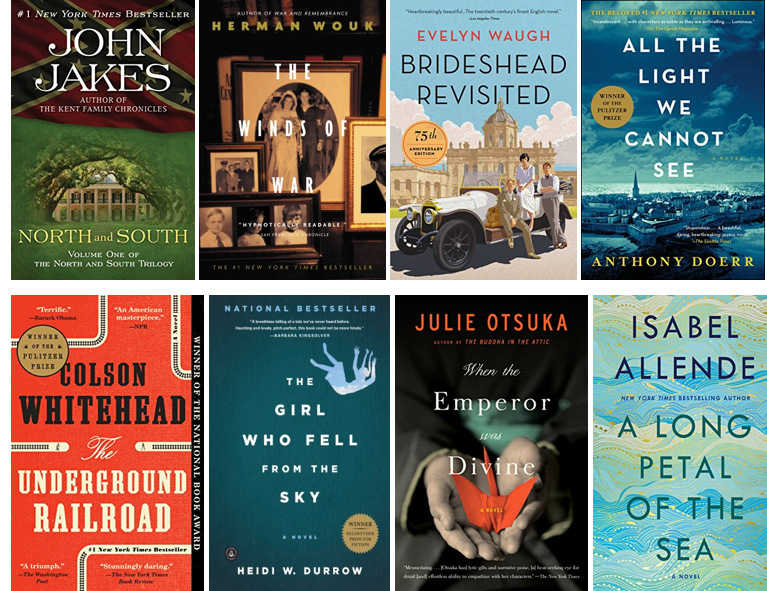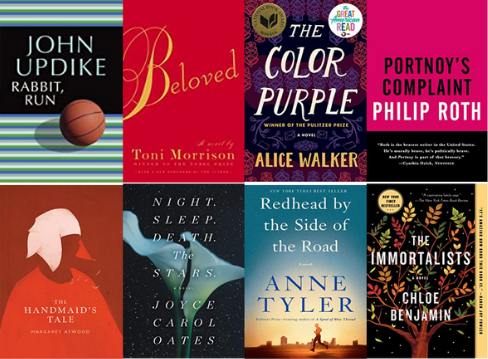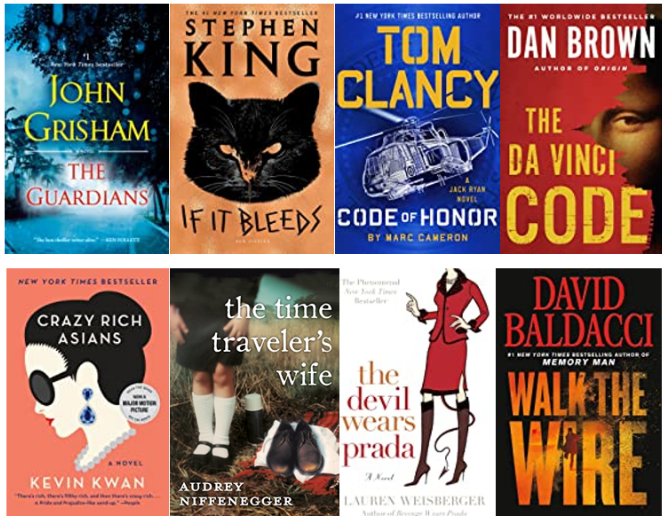A Quick and Dirty Guide to Fiction Genres
The posts on Bianca Sloane Writes contain affiliate links, which may give a percentage of your purchases back to Bianca Sloane.
Until I got serious about the craft of writing, I never realized there was such a battle about fiction genres. Ask most writers, and they’ll tell you they don’t like to categorize their work. Having worked in a bookstore and later as a marketing professional, I have an overwhelming need to be able to categorize fiction.
And that’s all a fiction genre is. A category.
When I was writing my first novel, KILLING ME SOFTLY, I had no clue what genre it was in. None. It didn’t fall into any of the numerous categories I saw in the mystery section of my local Borders. After further research, I realized I was writing psychological suspense. Honestly, having a “category” took a lot of weight off my shoulders. It was great to be able to say with confidence, “I’m writing a psychological suspense story.”
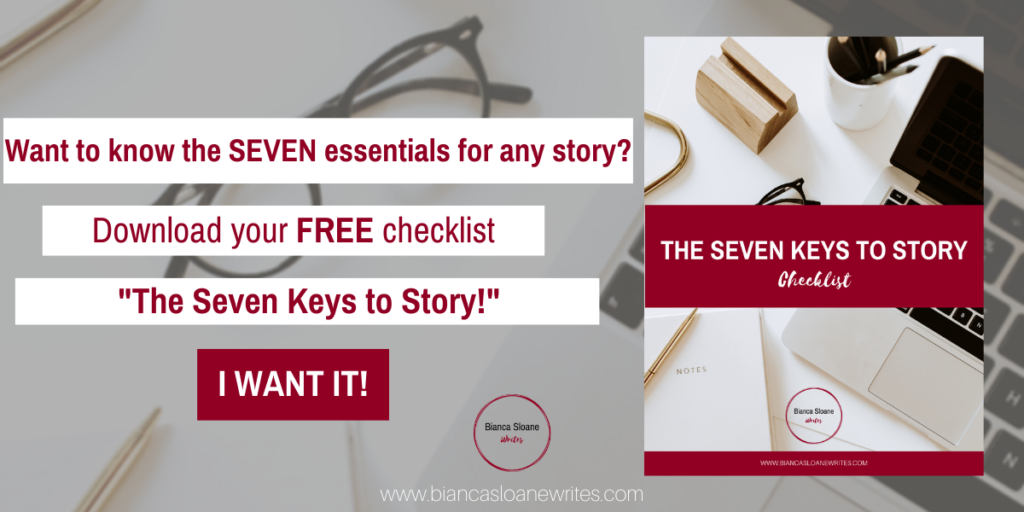
If you plan to query an agent, you’ll need to have an idea of what your fiction genre is, because they will want to know. Even if you decide to go the indie route, for a number of reasons, mostly for marketing purposes, it’s a good idea to have a handle on who your “people” (READ: comparable authors) are.
However, don’t let all this genre talk wig you out. New fiction genres are created all the time (hi, New Adult!). Multigenre stories can be and are a thing. The 57 different genres in the movie, GHOST, ranging from comedy to thriller to romance, to fantasy and about 35 others I’m forgetting, didn’t stop it from becoming a box office juggernaut or a beloved movie.
This is by no means a comprehensive list of every fiction genre and associated subgenres. However, it does provide an overview of the basics. Read on for your Quick and Dirty Guide to Fiction Genres:
ROMANCE:
The two main characters fall in love with each other. Period. Can be man/woman, woman/woman, man/man with heat levels ranging from clean/sweet to erotic. Among the myriad subgenres are historical, romantic suspense, paranormal, inspirational, fantasy. There’s also New Adult, a so-called “bridge genre” between Young Adult and Adult Fiction. There is always a Happily Ever After or at the very least, a Happy for Now.
WOMEN’S FICTION:
Defined as the woman’s journey. The woman is on the brink of life change and personal growth. Her husband has betrayed her with her best friend. Her high-powered career has ended in spectacular (READ: humiliating) fashion. She turns 50 and decides to move to the Outback and raise sheep. Women’s Fiction typically (but not always) includes a romantic relationship that ends on a hopeful/upbeat note. However, any elements of romance/the love story are not the point of the story. Her journey of self-discovery, acceptance, fulfilment, etc., is the point.
YOUNG ADULT:
Filling the space between children’s books and full-on adult fiction, Young Adult typically focuses on readers in the 12-18 year old age range. Themes typically include coming-of-age, first love, friendships, sexuality, and “social issues” such as addiction and family life. While Young Adult novels focus tween/teen readers, it’s a popular genre with adults, too.
MYSTERY/SUSPENSE/THRILLER:
Traditionally centers around “whodunit,” or who committed the crime, with everyone from a police officer to a chef being the one to solve the case. The crime in question is usually a murder, but not always (i.e., can include white collar/financial, heist, kidnapping, arson, assault, etc.) The genre also encompasses psychological suspense (mind games) and thrillers (action/more explicit physical danger/violence). Encompasses TONS of subgenres ranging from cozy to noir, domestic to technothrillers.
HORROR:
Horror is meant to scare the crap out of you. From good old-fashioned ghost stories to heart-stopping Gothic tales, to even(!) bearing the spawn of Satan. Horror can be dark and gory. Terrifying. A waking nightmare. A relentless roller-coaster ride where the whole thing can topple off the track at any moment, plunging everyone to a bloody and gruesome death.
SCIENCE FICTION:
Science Fiction or Sci-Fi, revolves around such concepts as time travel, space travel, technology, aliens, and parallel universes. Author Isaac Asimov declared, “Science fiction can be defined as that branch of literature which deals with the reaction of human beings to changes in science and technology.” Much like Mystery/Suspense/Thriller and Romance, Sci-Fi houses myriad subgenres, from dystopian to supernatural.
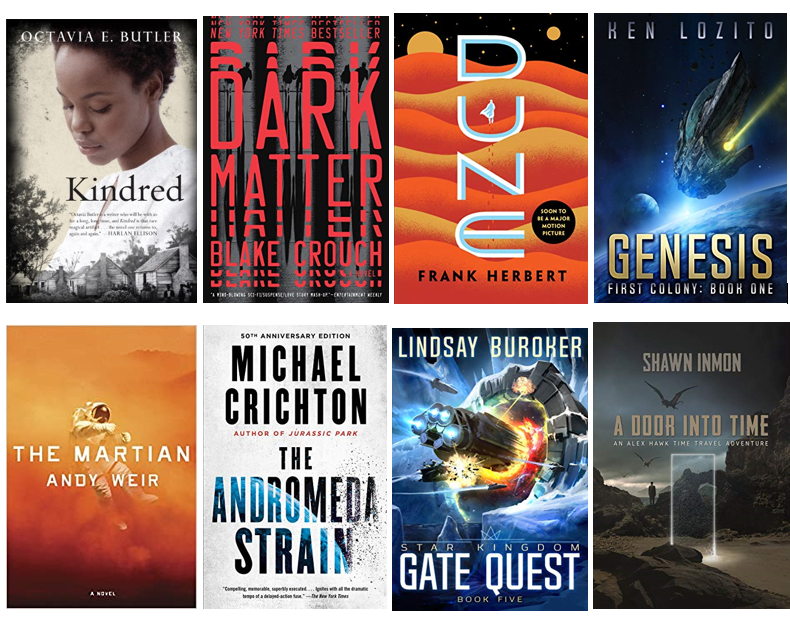
FANTASY:
A closely related cousin of Sci-Fi, the Fantasy genre incorporates elements of myth, magic, and history. From epic medieval sagas to LitRPG, steampunk to Alice in Wonderland, and even (!) “Monty Python and the Holy Grail,” Fantasy can be almost anything you want it to be. In other words, the sky’s the limit.
ACTION/ADVENTURE:
The world must be saved from an imminent threat (natural disasters, terrorists, deadly biotoxins); the dangerous hunt for a buried treasure; an assassin must be stopped before they murder the president of the United States. These are all the hallmarks of the Action/Adventure genre. The stories are fast-paced with lots of menace, excitement, treachery, and danger.
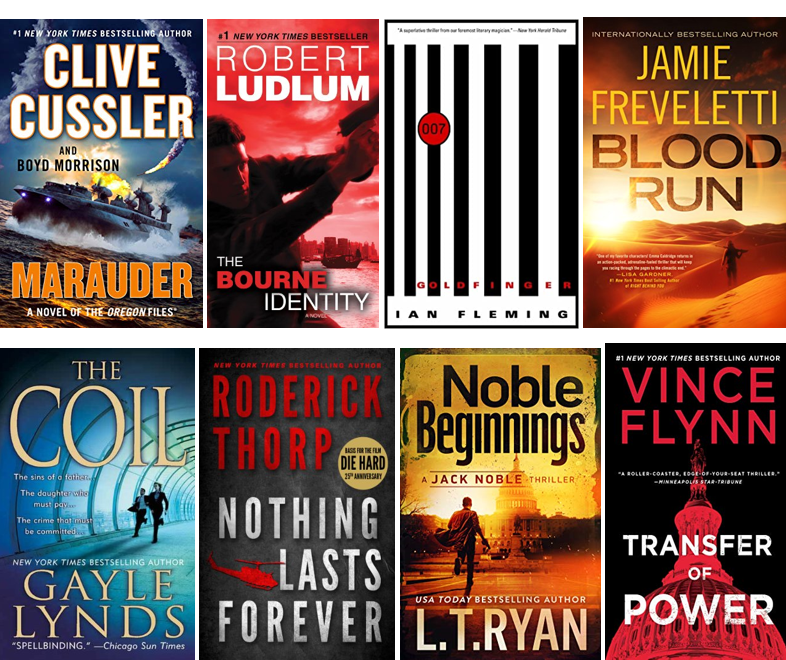
HISTORICAL:
Characters live through events from the past, sometimes interacting with actual historical figures and events. The story typically examines how these historical events impact the individual characters and their lives (World War II, Vietnam, 9/11). Extremely important that the history be exceedingly accurate and thorough.
*LITERARY FICTION:
Literary fiction is more concerned with style, characterization, and imagery. Or as I like to call it, “pretty sentences.” Usually unfolds at a slow pace with less emphasis on plot or story. Literary fiction typically centers around a timeless, complex theme. Rarely has a pat (or happy) ending.
*COMMERCIAL FICTION:
Commercial fiction typically features a fast-paced story with less emphasis on characterization and more on the plot. In other words, there are more events, higher stakes, and more dangerous situations. The theme is very obvious, and the language not as complex. A Commercial Fiction book is not terribly concerned with “pretty sentences.” This category also cover Romance, Thrillers, Fantasy/Sci-Fi, or Horror. Usually what makes the bestseller lists.
*WHAT’S THE DIFFERENCE BETWEEN GENRE, LITERARY, and COMMERCIAL FICTION?
Okay. Let’s talk for a moment about “literary fiction vs. “commercial fiction,” and “genre fiction.”
The truth is, literary fiction, genre fiction, and commercial/mainstream fiction are just … different types of fiction. That’s it. Another truth? They’re often all interchangeable. Liane Moriarty’s work is often classified as Women’s Fiction. However, it also contains elements of Mystery/Suspense, while also being fairly Literary. Stephen King is the undisputed master of Horror. Except, books like 11/22/63 incorporate Historical Fiction and Sci-Fi. And, of course, Commercial Fiction, because, Stephen King .🤪
So, there you have it.
What are some of your favorite genres to read and write in? Comment below and let me know!
